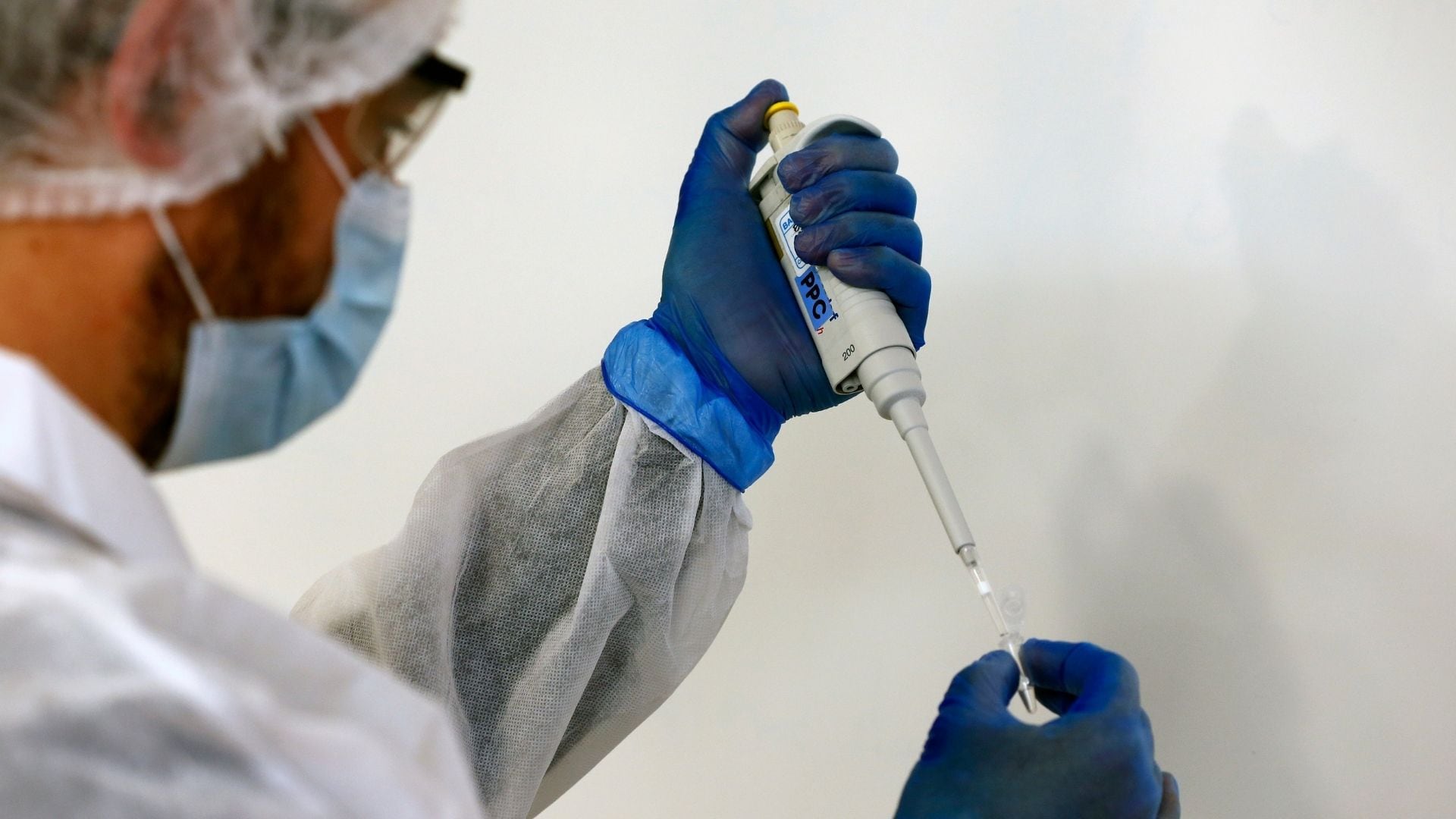
The Government explained why the latest epidemiological report issued by the Ministry of Health of the Nation accounts for more than 14,000 coronavirus infections in a single day, a figure that is three times higher than what has been recorded in recent times.
According to what sources from the health portfolio explained to Infobae, last Friday “nearly 9,500 confirmed cases reported by a private establishment in the Autonomous City of Buenos Aires entered the National Health Surveillance System (SNVS), corresponding to dates prior to (mainly the months of January and February)”.
According to the authorities, it is about 3,000 people who have as their place of residence different neighborhoods in Buenos Aires and another 6,500 who live in some locality of the Conurbano, who went to attend to that place.
“Because the cases are reported on the basis of information entered between yesterday's (Thursday) and today's (Friday) cut in the system, the number of cases increased for this reason, but they do not correspond to cases of the day but to a delayed burden of an effector,” said from the environment of Minister Carla Vizzotti .
The latest epidemiological report from the Ministry of Health reported that on Friday there were 77 deaths from coronavirus and 14,416 new infections. This last figure had not been reached since 22 February.
This number was significantly higher than last Thursday, which was 4,577 infected, and Wednesday, which was 4,681, which caused concern in part of society, about the possibility of a new outbreak.
With these latest data, the total number of infected in the country since the beginning of the pandemic reached 9,004,829, while those killed by the disease currently number 127,439.
In addition, it was detailed that 53,587 tests were carried out on this last day, so the recorded positivity rate is 26.9%. Unlike in recent days, the percentage is above the 10% recommended by WHO to consider the pandemic to be controlled.

There are currently 74,185 active cases in the country. These are people who were diagnosed with the disease and have not yet been discharged into the national system. Meanwhile, the total number of recovered amounts to 8,803,205.
Meanwhile, the Minister of Health of the province of Buenos Aires, Nicolás Kreplak, announced the application of a fourth dose of the vaccine against COVID-19. In principle, the measure is intended for “all people whose primary schedule is three doses because they are immunocompromised or over 50 years of age vaccinated with Sinopharm,” said Axel Kicillof's government official.
The Buenos Aires health portfolio specified this Wednesday that people will be able to apply the fourth booster dose once they have reached the age of four months since the last application. Regardless of their place of residence, people will be able to apply the inoculant against the coronavirus in any vaccination in the province of Buenos Aires: “The vaccine is free and federal,” said the Ministry of Health.
In the City of Buenos Aires, since the beginning of March, the fourth dose has been applied to people who are immunocompromised or over 50 years of age who received Sinopharm alone. “Vaccination against COVID-19 has a primary scheme, the first and second doses, which are necessary to activate the immune system and protect against the disease, this is true for the vast majority of citizens. On the other hand, there are certain specific groups that “have a lower immune response, either because they are receiving chemotherapy, or because they are receiving immunosuppressants because they are transplanted, or because they are receiving corticosteroids, or are undergoing haemotherapy, or they suffer from a disease that has damaged their immunity, or because they are a congenital or acquired disease such as HIV,” said the Buenos Aires Minister of Health, Fernán Quirós.
KEEP READING:
Últimas Noticias
Debanhi Escobar: they secured the motel where she was found lifeless in a cistern

The oldest person in the world died at the age of 119

Macabre find in CDMX: they left a body bagged and tied in a taxi
The eagles of America will face Manchester City in a duel of legends. Here are the details

Why is it good to bring dogs out to know the world when they are puppies




